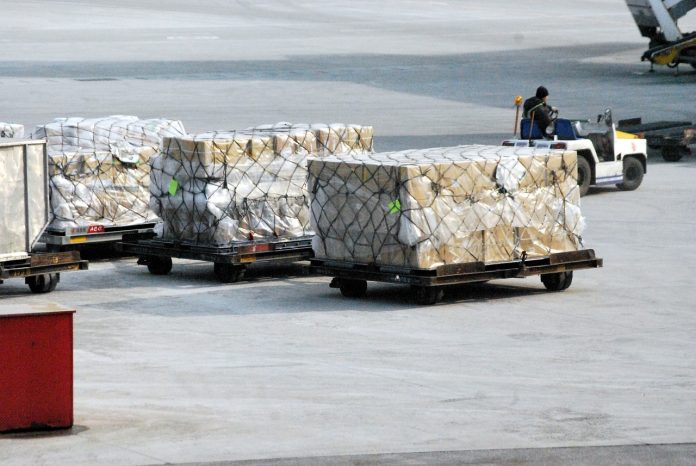
The air cargo sector is constantly faced with new challenges. The growth of e-commerce, global trade decline, technological changes, rapid industry growth, insufficient airports to handle increasing demand, price wars, fuel consumption, and emissions are some of the industry’s pressing difficulties, causing air freight hikes.
Others may include package delivery growth, poor infrastructure, strict safety regulations, online shipping, climate change, and fuel costs. These challenges significantly impact the effectiveness of logistics in air cargo. This article outlines five tips for improving efficiency in air cargo logistics.
1. Maximize Unit Load Devices’ efficiency
Optimizing the efficiency of a unit load device makes it easier to increase the air cargo industry’s efficiency. You can invest in general containers whose primary focus is multiple application usage, improved durability, higher loading speed, and optimized cargo volume. These containers help speed the loading process, easing the loader’s life. They also make it possible to ship a lot of cargo in one container.
Suppose you wish to reduce your ULD’s size rather than the capacity. In that case, you can leverage the collapsible air cargo container because it holds cargo equal to a regular container and is compliant with similar standard air-worthiness requirements. Once collapsed, you can stack the containers in the hold, leaving substantial space in the inventory bays and ensuring a worthy contribution to the ULDs’ sustainability.
2. Ensure fleet optimization
Knowing how to enhance fleet utilization is the first step to determining the more convenient dedicated freighters to keep in service. Weigh fuel consumption, capacity, and maintenance requirements before choosing the freighters. You may also consider extending your operating hours and increasing daily flights for more air cargo capacity.
However, you should set and follow guidelines that ensure transport safety. You can stack goods in the space over or under passenger seats or remove all the seats. Nonetheless, you should conduct a risk evaluation before changing the primary deck.
3. Control air freight costs
The different air freight cost factors are fees and surcharges, security and fuel charges, and movement rates, with only a few being controllable. The air cargo sector’s primary concern is the ever-rising fuel costs caused by geopolitical and demand elements. Implementing streamlined and improved processes, including working with digital or traditional freight forwarders, can help save time and costs. If offering a service in your market is costly, ensure effective management of your air freight spending.
4. Leverage document digitization and technology
Ensuring effective management of logistic operations is crucial for business success. You can achieve this by implementing practices that promote improved document processing efficiency. Document digitization ensures you can store, retrieve, and send information securely and safely, boosting logistics operational efficiency. Incorporating technology can help provide data in real-time, seamlessly coordinating tasks for the timely delivery management of goods.
Combining technology with different operations can offer you a competitive edge by minimizing cycle time and applying cross-functional procedures. Implementing a data quality management approach can increase accuracy and improve business performance.
5. Enhance inventory accuracy
Inventory is among your business’s most significant physical assets. Failure to track it could be disastrous to your finances. Consider adopting inventory quality tools to track inventory performance in your network to ensure improved accuracy all through.
Endnote
While air freight logistics have made it easier to ship products, there are still many challenges you might face. Use these tips to improve efficiency in air cargo logistics.





